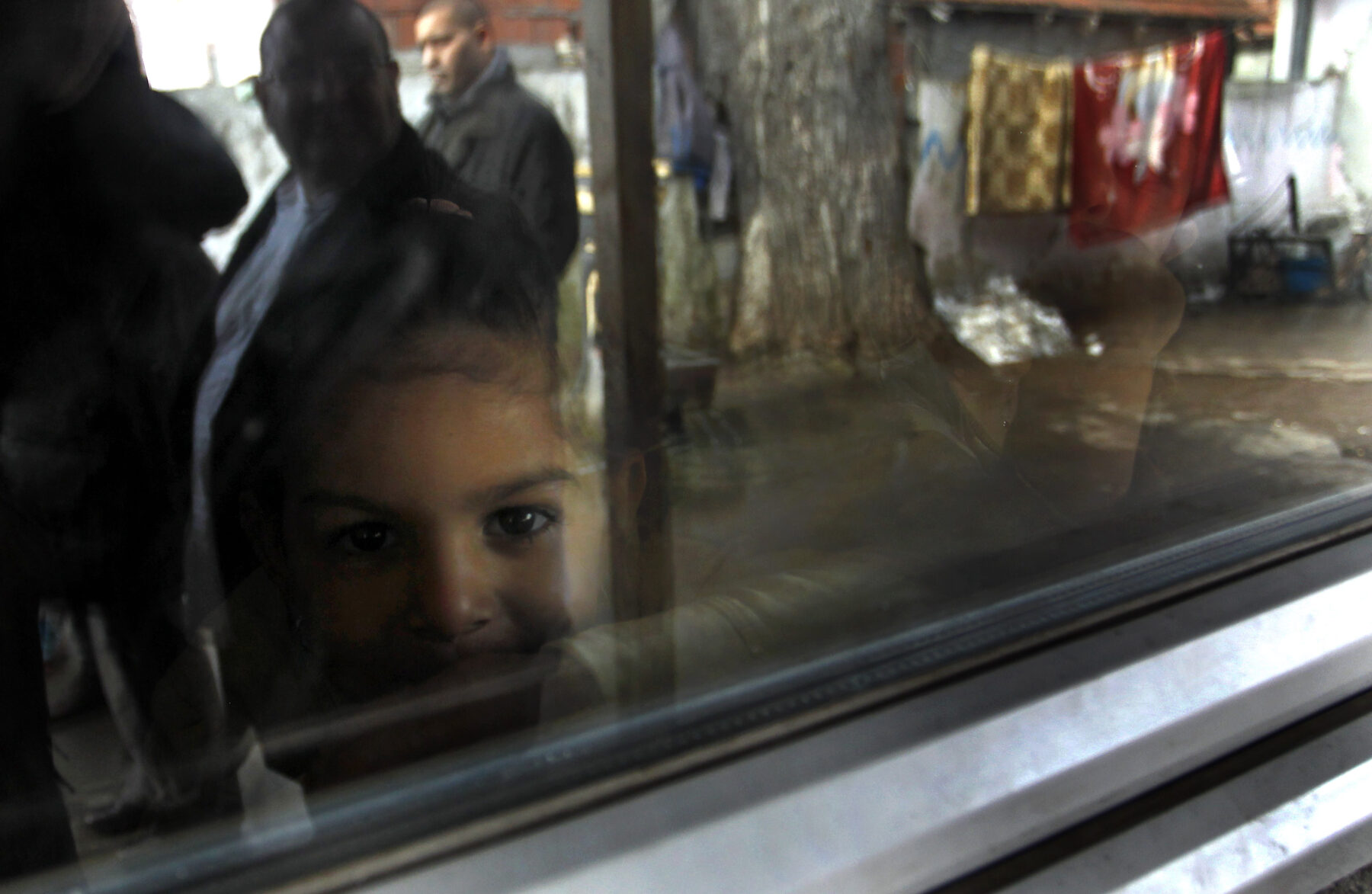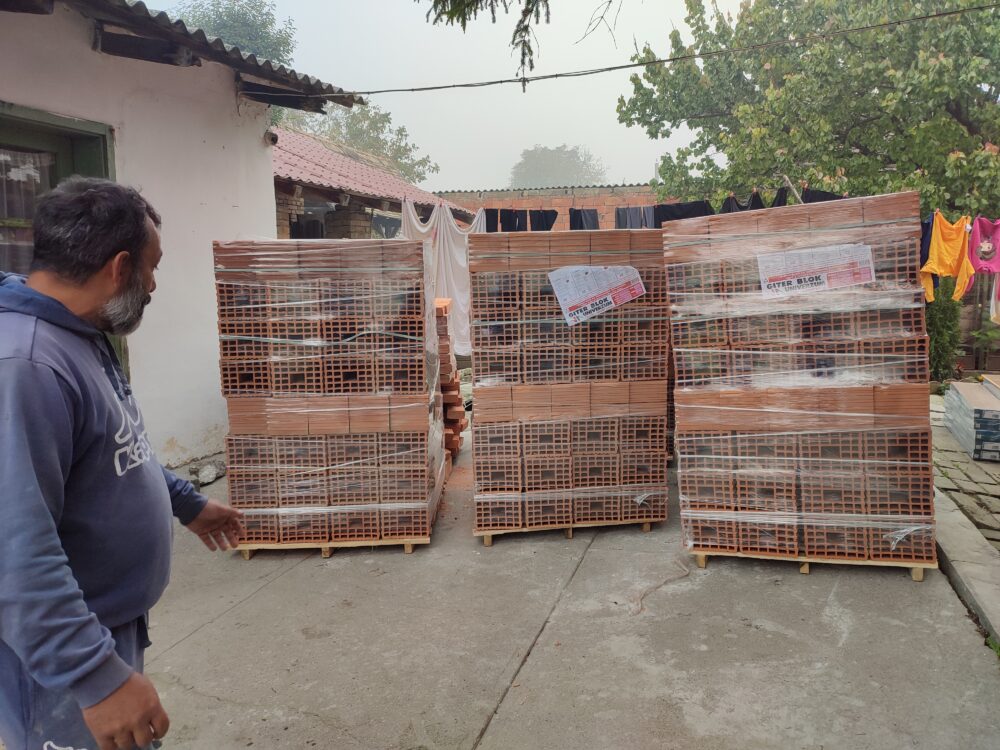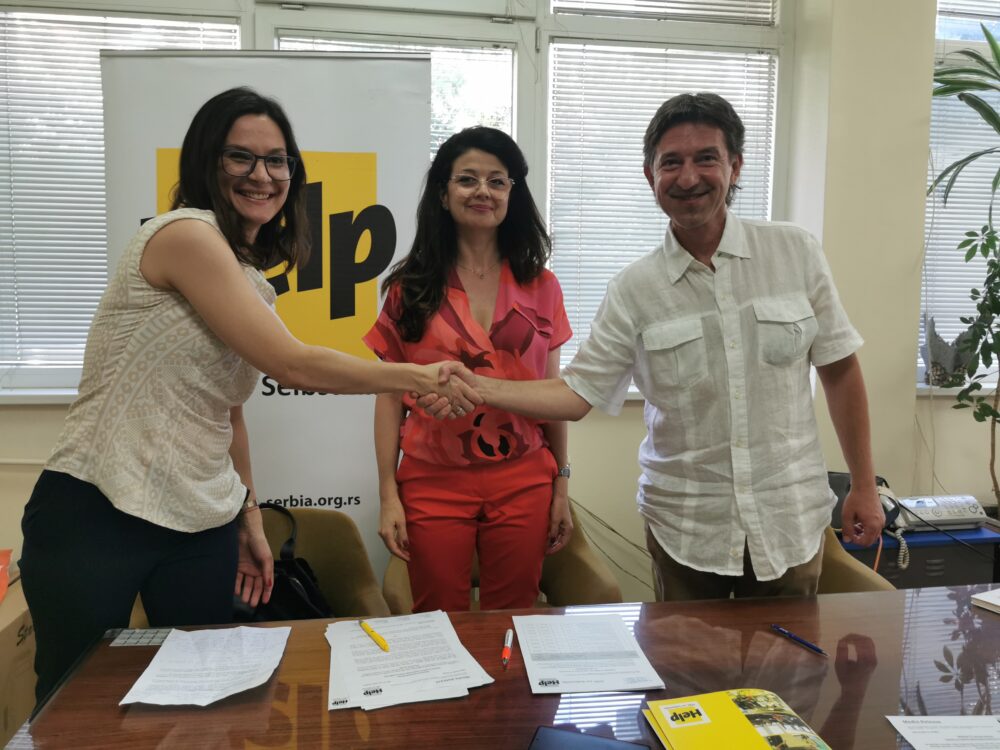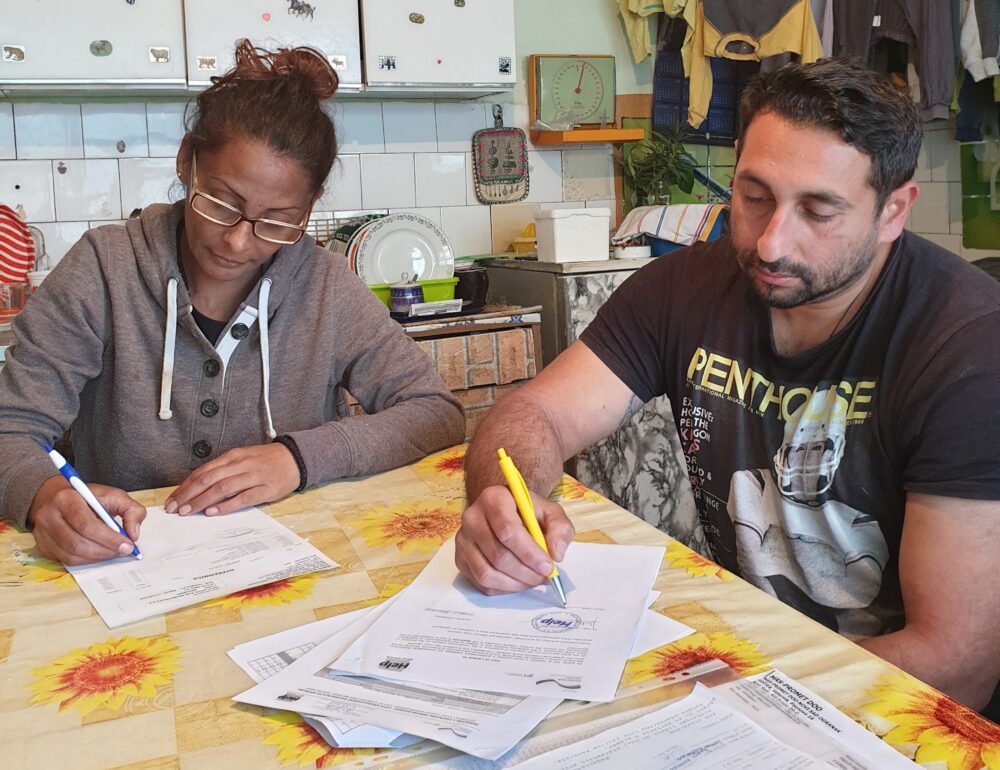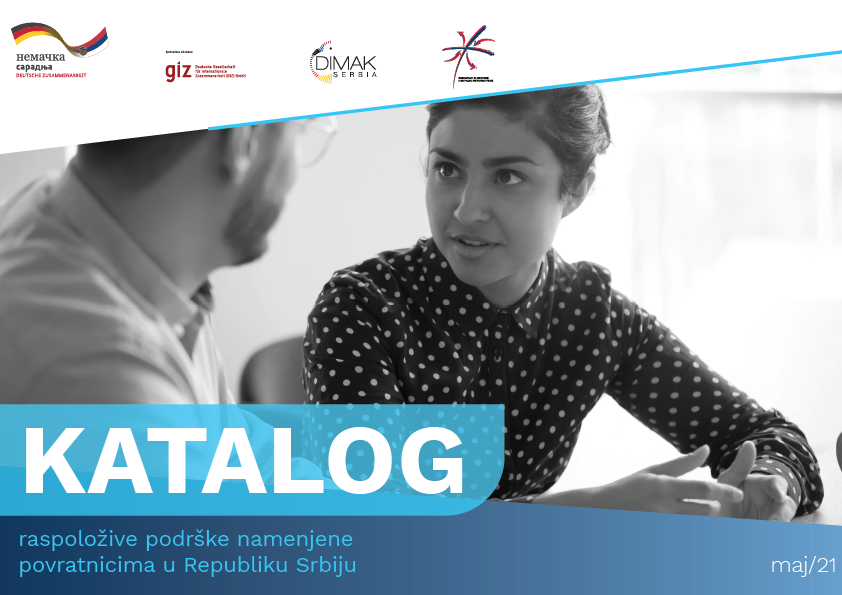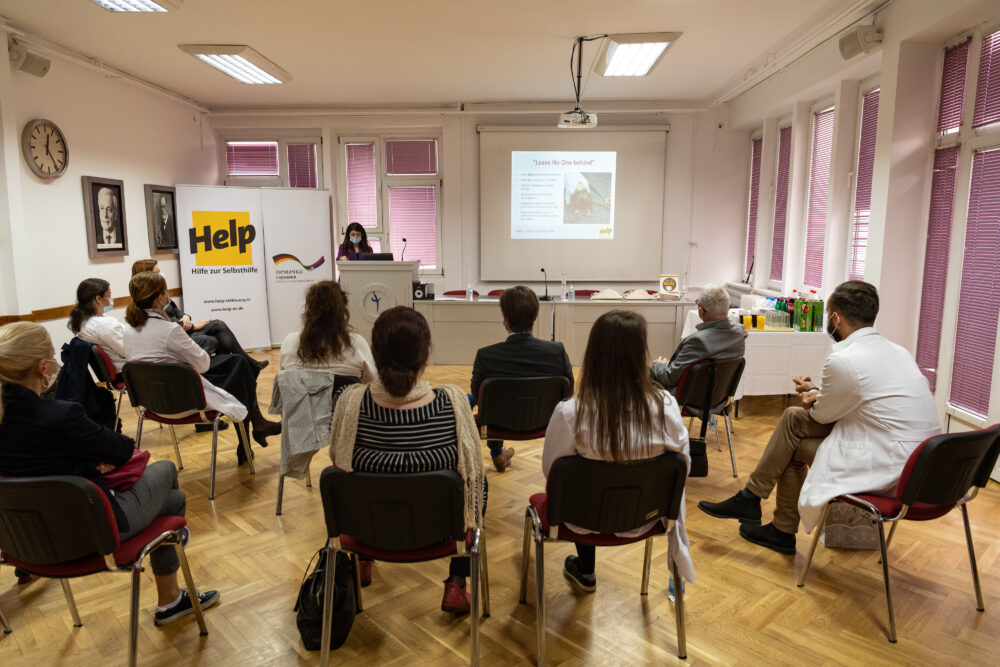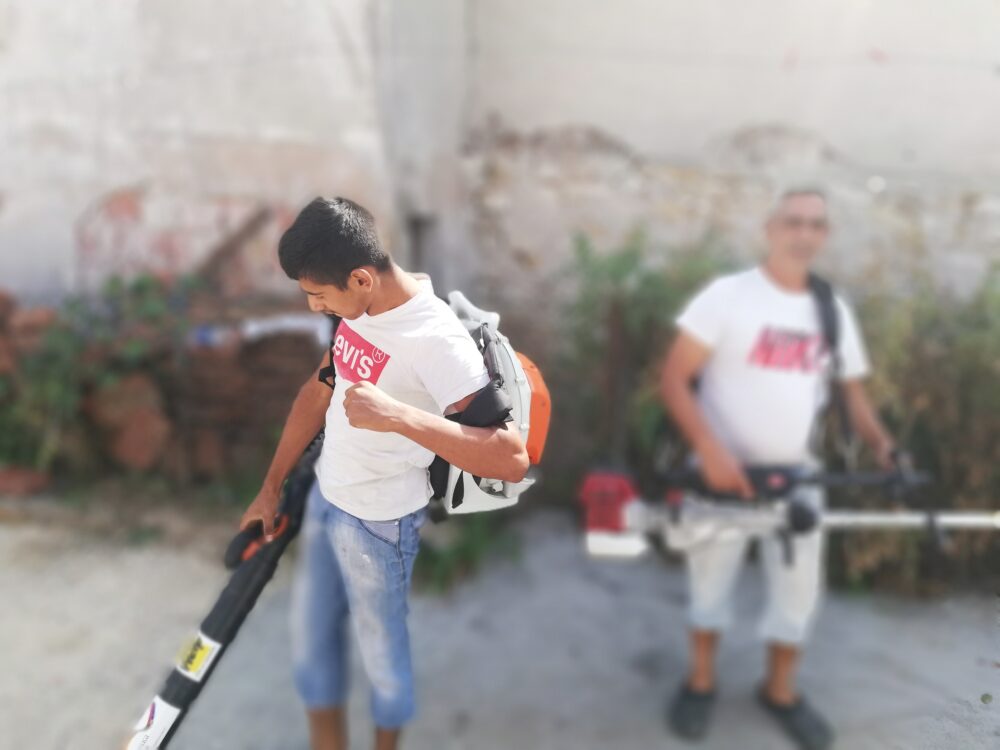December 1, 2020
1 minute
Migration management and support to return of asylum seekers III
Providing continuous and comprehensive long-term assistance to returnees – asylum seekers, socially vulnerable and other vulnerable groups.
- Duration: December 2020 - March 2023
- Donor: FR Germany, Federal Ministry for Economic Development and Cooperation(BMZ) through the German Organisation for International Cooperation GIZ
- Budget: 3.638.222,38 EUR
- Region: Republic of Serbia
- Target group: Returnees, socially vulnerable population
